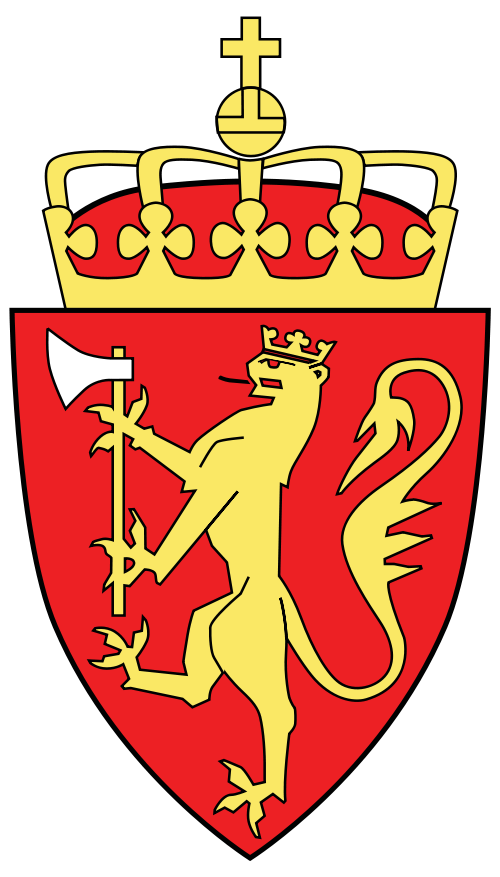Tag: Jayyous
-
Adalah-NY: Norway Divests from Leviev Companies Due to Israeli Settlement Construction
Adalah-NY FOR IMMEDIATE RELEASE New York, NY – In a major victory for the international movement for Boycott, Divestment and Sanctions (BDS) against Israel, the Norwegian government announced today that it has divested from Lev Leviev’s company Africa Israel Investments and its construction subsidiary Danya Cebus due to their construction of Israeli settlements in the…
-
Breaking Palestine’s peaceful protest
Neve Gordon | The Guardian 23 December 2009 Palestinians have a long history of nonviolent resistance but Israel has continuously deployed methods to destroy it “Why,” I have often been asked, “haven’t the Palestinians established a peace movement like the Israeli Peace Now?” The question itself is problematic, being based on many erroneous assumptions, such…
-
Tell President Obama to demand that Israel free Bil’in nonviolent leader Abdallah Abu Rahmah
Jewish Voice for Peace On December 10, 2009 at 2am, the Israeli military surrounded the Ramallah home of Abdallah Abu Rahmah, a high school teacher and the Coordinator of Bil’in’s Popular Committee Against the Wall and Settlements, and arrested him. Abu Rahmah is among the leaders of the West Bank village of Bil’in’s nearly five-year…

